The 2021 International AI Cooperation and Governance Forum, hosted by Tsinghua University in support of the United Nations Development Programme, opened on December 4, 2021.
In this year’s forum, leading AI experts and practitioners from around the world focus on the theme of “how to build a balanced and inclusive AI system,” and thereby promote the construction of a shared future for mankind. The two-day forum is being held in a hybrid online and offline format.
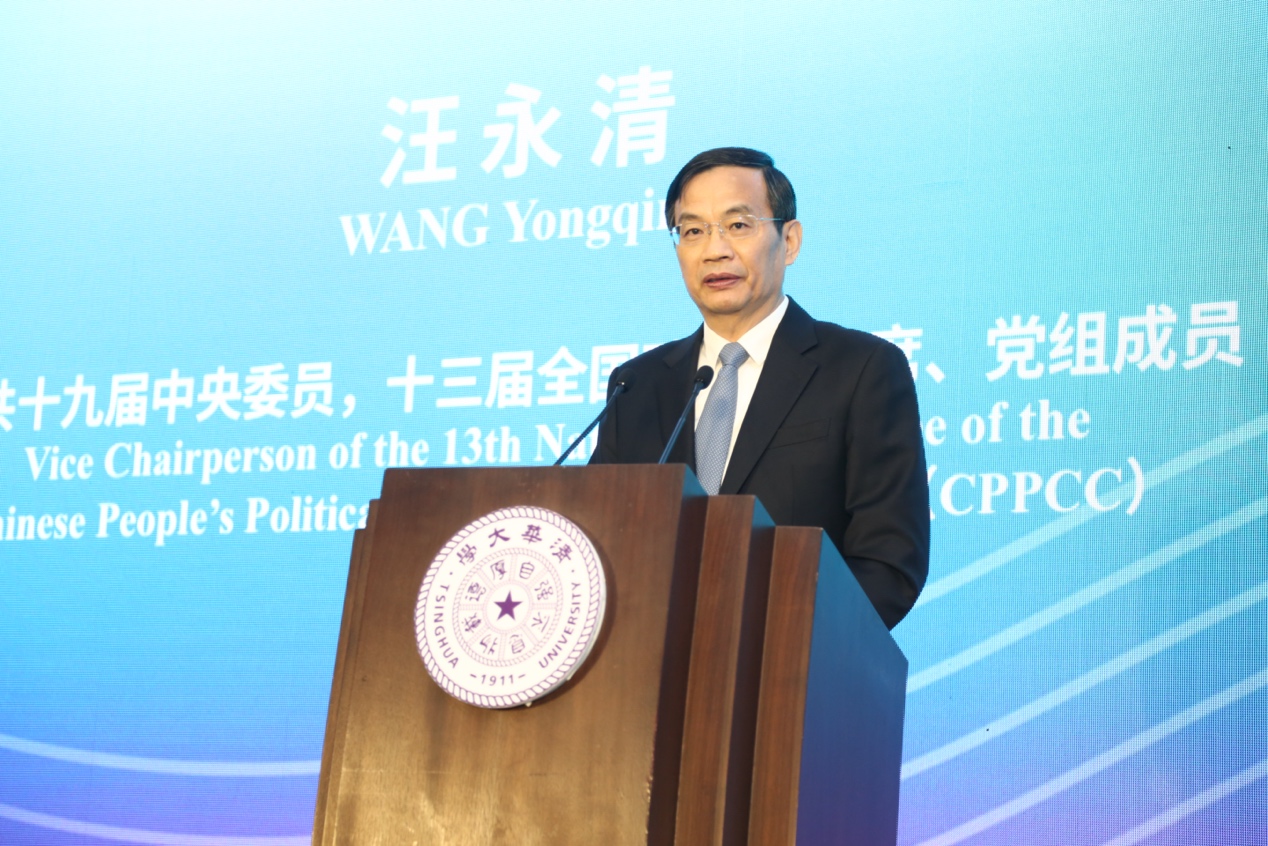
Wang Yongqing, Vice Chairman of the 13th National Committee of the Chinese People's Political Consultative Conference, attended the forum and made an opening speech.
Wang Yongqing said that China's AI governance adheres to the people-centered approach, which always promotes people’s well-being, encourages technological innovation, coordinates development and security, and upholds the concept of equality and justice. This approach was in line with the spirit of the United Nations and G20, which aims to promote the comprehensive development of individuals and sustainable development across the economy, society, and environment, he added.
Wang emphasized that the Chinese government supported and encouraged finding solutions to the global digital governance problem based on consultation, contribution and shared benefits, with all countries working together to create an open, fair, just and non-discriminatory digital development environment.
Wang pointed out that the international society must collaborate when faced with the risks and challenges that accompany the development of AI, so as to continuously improve the level of AI global governance.
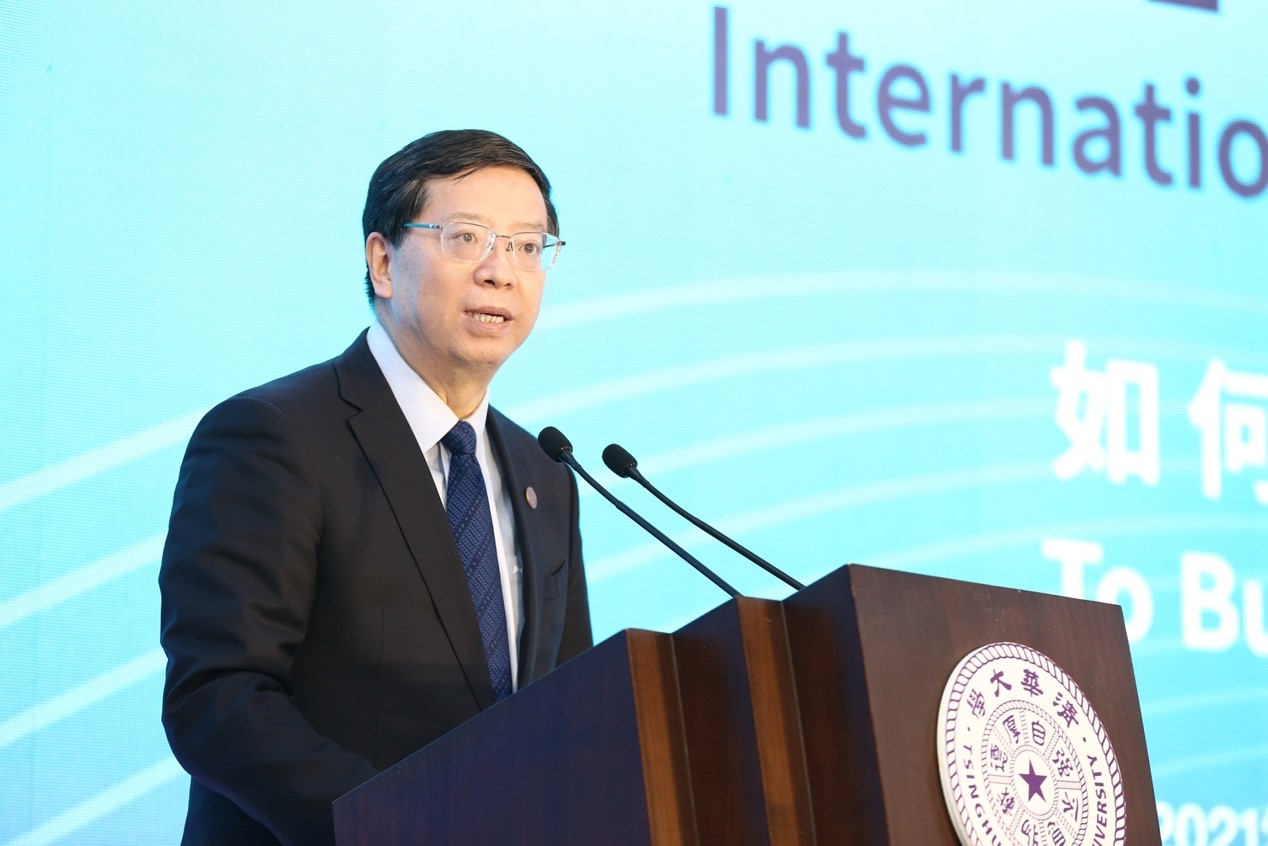
Qiu Yong, President of Tsinghua University, extended a sincere welcome to all the guests on behalf of the University, and expressed the need to strengthen global cooperation and dialogue to build up a balanced and inclusive AI governance system.
He said while improving social productivity and empowering modern governance, AI also posed many new challenges to public security, privacy, responsibility, ethics, and the already wide digital divide.
President Qiu also said that as one of the most important policy-formulating resources, universities not only needed to make breakthroughs on fundamental AI basic theories and frontier technologies, they also needed to carry on the vision of AI for good, and develop honest AI values and ethics.
He stated that it was the international community’s responsibility to establish a science-based international AI governance system, adding that Tsinghua was ready to deepen cooperation and forge ahead together with its partners around the world to promote AI that supports everyone.
President Qiu pointed out that Tsinghua University highly values AI research and education, and it will continue to harness its academic advantages, striving to play a bigger role in AI governance.
Tsinghua has established several AI-related institutes such as the Institute for Artificial Intelligence, the Institute for AI Industry Research, the Institute for AI International Governance, and the Institute of Intelligence Society Governance, which offer innovative experiences in scientific research, talent cultivation, think tank development, international cooperation, and other areas.
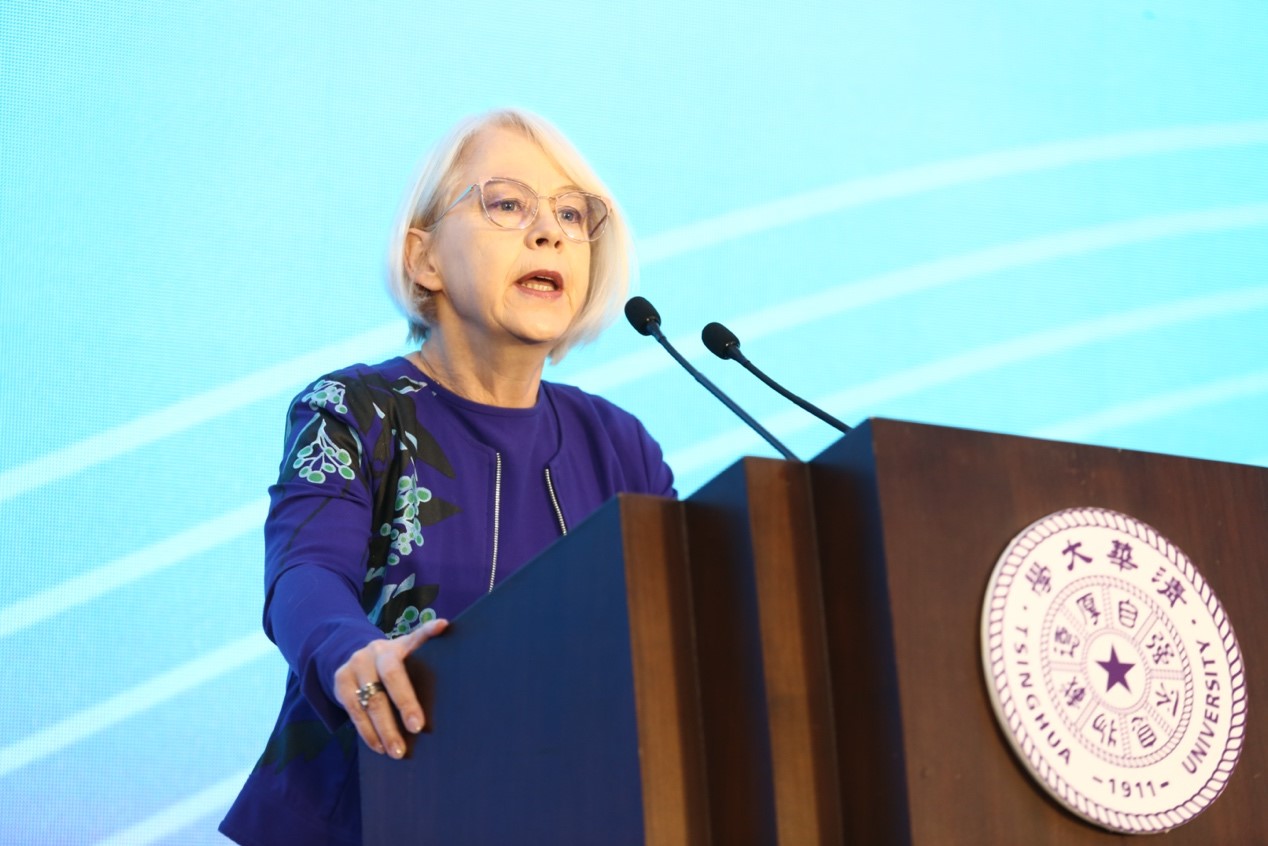
Beate Trankmann, Resident Representative of the United Nations Development Programme (UNDP) for China, also delivered opening remarks. She said that AI has played an important role in fighting COVID-19 and climate change. However, at the same time, human biases can also find their way into AI technologies and potentially perpetuate prejudice and discrimination.
As the application of AI becomes more and more omnipresent across the world, international cooperation will be essential to build consensus on common approaches to AI governance that are ethical and fair. Therefore, it will be critical to ensure that the conversation surrounding AI is truly global in nature, with representation open to all countries, she added.
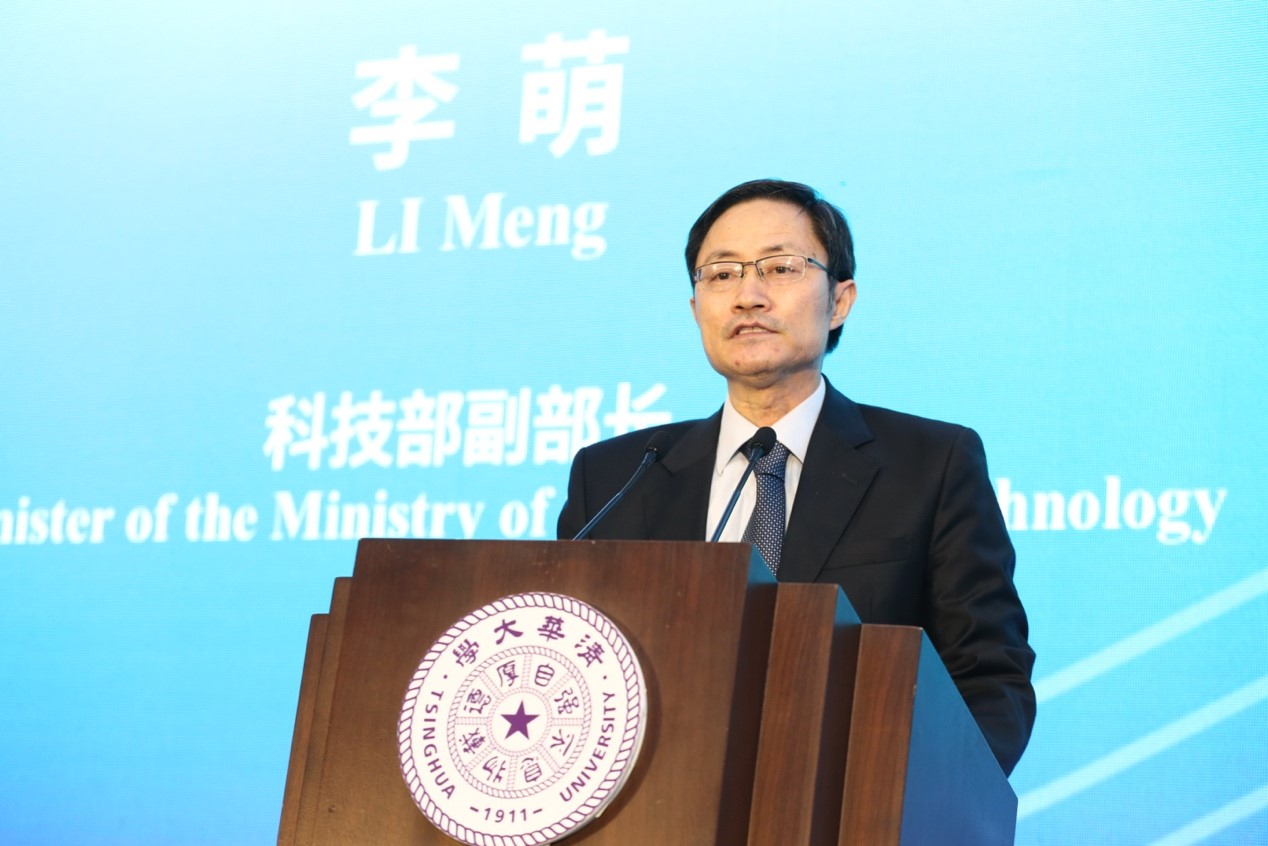
Li Meng, Vice Minister of Science and Technology (MOST), stressed that the governance of AI in the future should be agile so as to balance AI development with safety and security. It should also be adaptive and inclusive so as to ensure the balanced benefits’ sharing of different groups, and it should be sustainable so as to achieve intelligent and green development at the same time, he added.
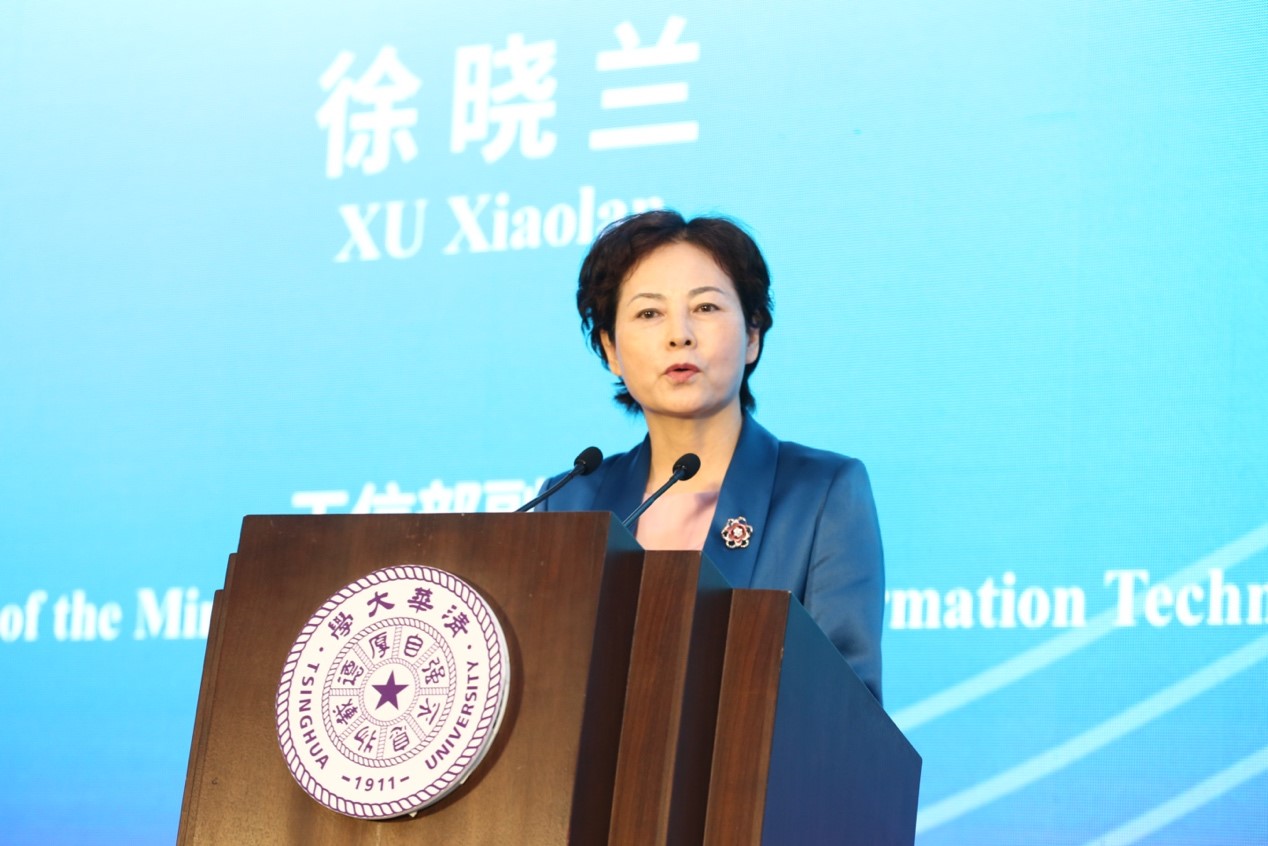
Xu Xiaolan, Vice Minister of Industry and Information Technology (IIT), stated that in the future, the IIT would cooperate with relevant parties on the sustainable and sound development of AI, and the creation of inclusive AI governance norms, striving to open up a new landscape of international cooperation. The IIT was ready to contribute more Chinese wisdom to the establishment of international AI governance institutions and generate more practical results for international scientific and technological exchanges and cooperation, she said.
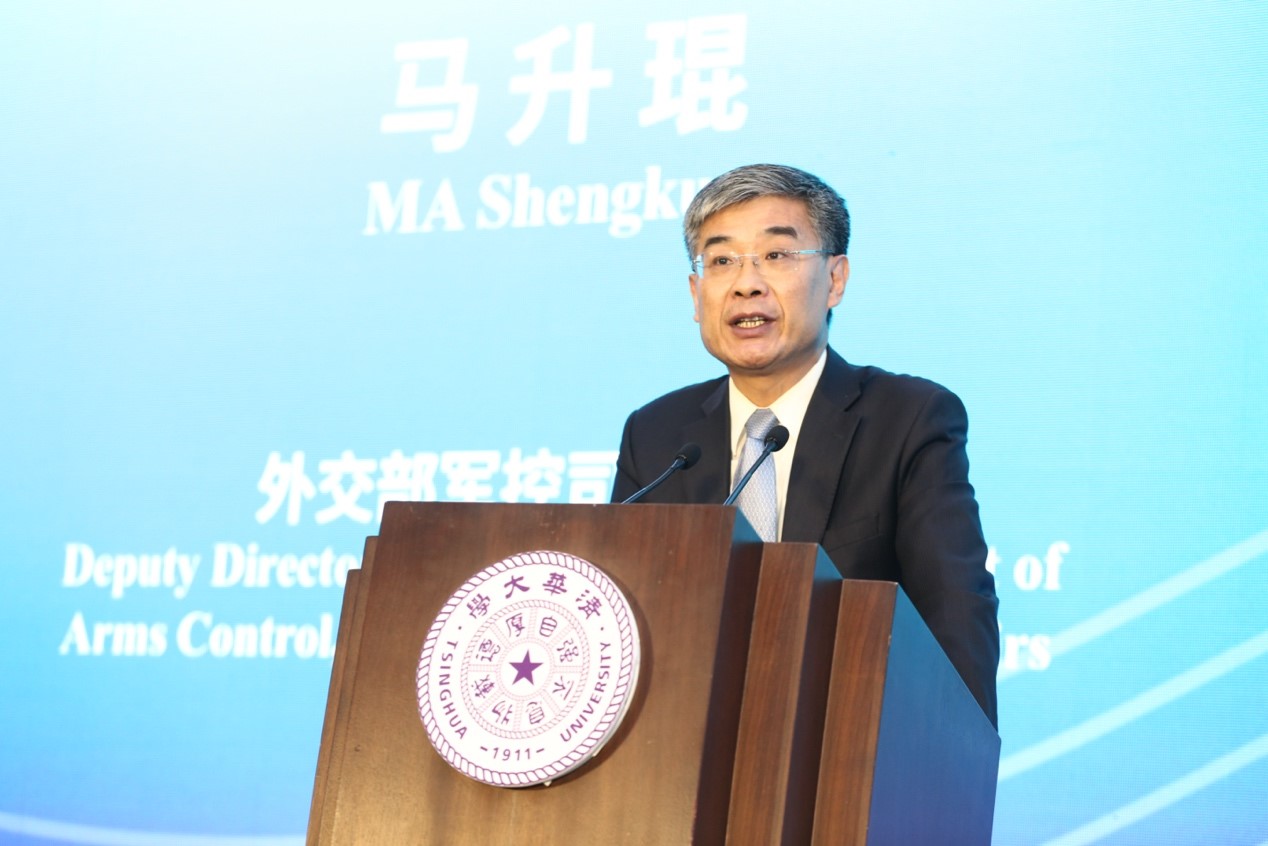
Ma Shengkun, Deputy Director-General of the Department of Arms Control of the Ministry of Foreign Affairs, stated that China attaches great importance to the security of AI governance, and that the Chinese government has all along coordinated and advanced the development and risk control of AI technology with a responsible attitude. China has also issued ethical principles and norms for researchers, and clarified supervision mechanisms and requirements in a timely manner. In the future, measures should be taken to regulate AI military applications, he added.
Ma stated that AI should abide by international law and fundamental norms governing international relations. With regards to ethics, it should follow the vision of AI for good. As for technology, the evaluation and supervision of AI should also be strengthened. And in terms of governance, global engagement must be advocated for, he added.
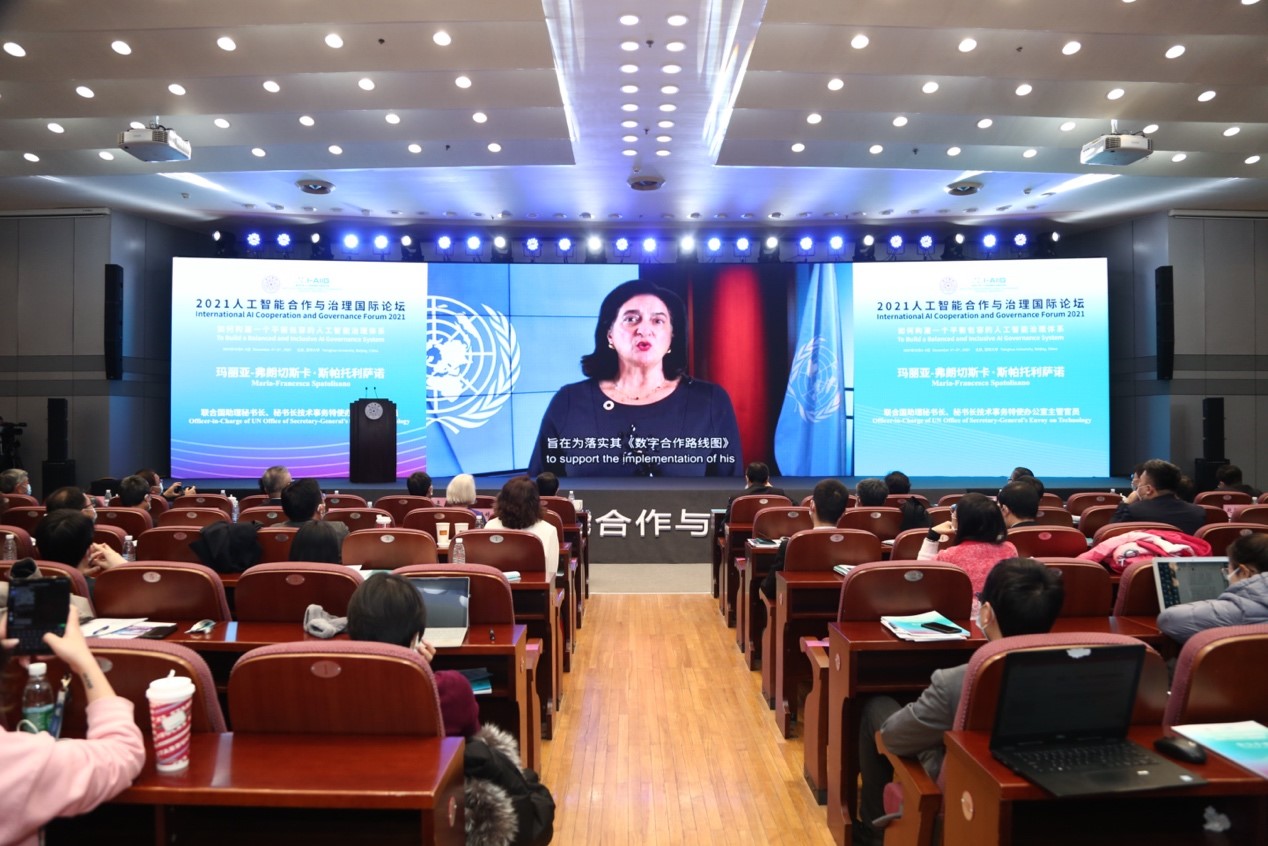
Maria-Francesca Spatolisano, Officer-in-Charge of the UN Office of Secretary-General’s Envoy on Technology, emphasized in her video remarks that the world could and must work together in order to create inclusive, responsive, and effective global cooperation structures that can meet the challenges posed by AI.
Spatolisano stated that this point was reinforced in the UN Secretary-General’s recently released report “Our Common Agenda” where he stressed AI as an area where greater global regulation might be needed and proposed establishing a new multi-stakeholder body on global AI cooperation.
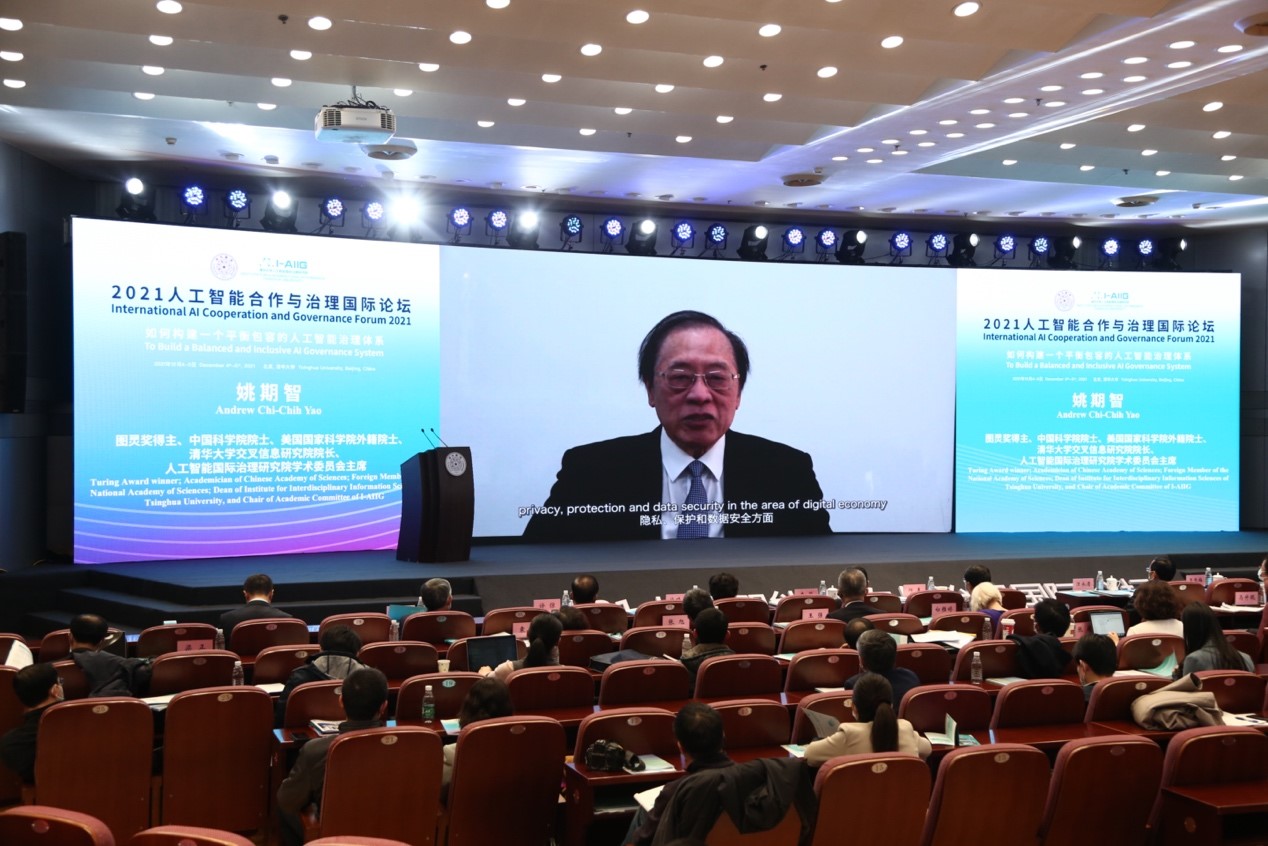
Andrew Chi-Chih Yao, Turing Award Winner, Dean of Institute for Interdisciplinary Information Sciences at Tsinghua University and Chair of the Institute for AI International Governance of Tsinghua University (I-AIIG) Academic Committee, remarked in the video that as AI becomes more and more embedded in our economy and society, it was increasingly important for us to make sure that there is positive energy and interactions between technology and social-economic development. However, at the same time, this new technology also posed many new challenges to privacy, protection, and data security in the area of the digital economy, he added.
Yao stressed that the powerful algorithms, computing power and privacy protection should be the new research direction for AI theory, and he highlighted that the establishment of a balanced and inclusive AI governance system would unlock greater potential and ensure stronger security of AI.
The opening ceremony was hosted by Yang Bin, Vice President and Provost of Tsinghua University.
After the opening ceremony, the forum held the main plenary session themed “How to build a Balanced and Inclusive AI Governance Framework” in which experts from both at home and abroad, including Xue Lan, Dean of I-AIIG and Schwarzman College; Gong Ke, President of the World Federation of Engineering Organizations, Executive Director of Chinese Institute of New Generation Artificial Intelligence Development Strategies and Academic member of I-AIIG; Xu Haoliang, UN Assistant Secretary-General and UNDP Director of Bureau for Policy and Programme Support; Wendell Wallach, Uehiro/Carnegie Senior Fellow at the Carnegie Council for Ethics in International Affairs (CCEIA) and Academic Member of I-AIIG; Su Jun, Dean of the Institute Of Intelligence Society Governance of Tsinghua University, Director of Think Tank Center of Tsinghua University, and Academic Member of I-AIIG and Rohinton Medhora, President of the Centre for International Governance Innovation, delivered keynote speeches, respectively. Liang Zheng, Vice Dean of I-AIIG, hosted the Main Plenary.

The 2021 AI Cooperation and International AI Cooperation and Governance Forum is hosted by Tsinghua University, organized by I-AIIG, and with UNDP as its international supporting partner. The two-day forum has three main plenaries, a special forum and seven thematic sessions. Over 70 AI experts from China, the United States, the United Kingdom, Saudi Arabia, Italy, Australia, France, Singapore, South Korea, India, Sweden, Denmark, Malaysia and Japan will attend and join the forum discussion. It is estimated that the number of online and offline participants will exceed 500.
Source: The Institute for AI International Governance of Tsinghua University (I-AIIG)
Editors: Guo Lili, Sangeet Sangroula